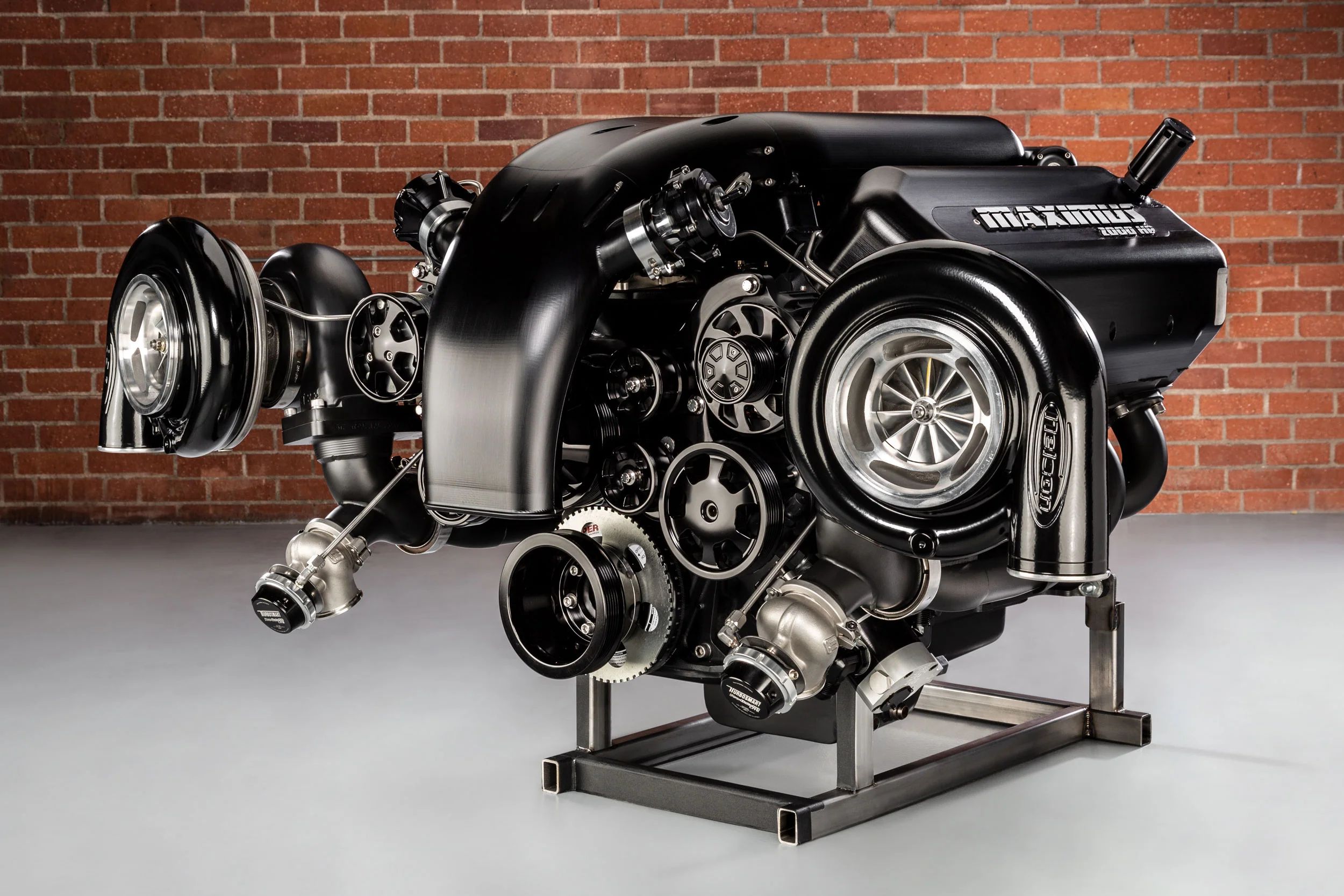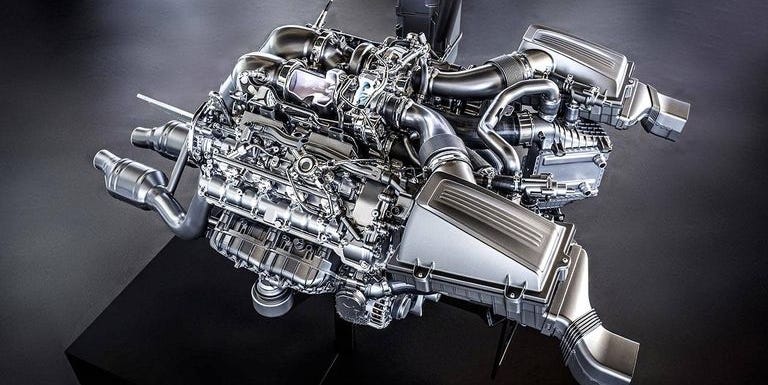Your Go-To Vehicle Parts Shop for Engines for Africa and A lot more
Your Go-To Vehicle Parts Shop for Engines for Africa and A lot more
Blog Article
The Influence of Cutting-edge Engine Technologies on Energy Effectiveness and Environmental Sustainability
In the realm of transport and commercial machinery, the continual quest for enhanced energy performance and lowered ecological influence has led to significant innovations in engine innovations. From the progressive change in the direction of hybrid and electrical systems to the assimilation of turbocharging for boosted effectiveness, the landscape of engines is evolving rapidly.
Evolution of Engine Technologies
The development of engine innovations over the decades has been noted by continuous technology and improvement in pursuit of enhanced performance and effectiveness. From the very early days of inner combustion engines to the innovative hybrid and electrical powertrains these days, the development of engine innovations has been driven by a ruthless quest for boosted gas efficiency and reduced emissions.
One considerable landmark in this development was the growth of turbocharging and direct shot systems, which considerably enhanced engine power output while improving fuel efficiency. These modern technologies allowed for smaller sized, much more lightweight engines that could deliver the efficiency of bigger ones without endangering on efficiency.
In addition, developments in products scientific research have actually caused the extensive fostering of lightweight materials such as aluminum and carbon fiber in engine construction. This has not only lowered total vehicle weight yet has actually likewise boosted engine efficiency by decreasing power losses related to inertia and rubbing.
Advantages of Electric and Hybrid Systems
With the growing concentrate on sustainability and energy effectiveness, what benefits do hybrid and electrical systems supply in the world of engine modern technologies? Electric and hybrid systems existing various benefits that contribute to a much more energy-efficient and lasting future. One of the primary advantages is the considerable decrease in greenhouse gas exhausts compared to conventional internal burning engines. Electric cars generate no tailpipe emissions, causing enhanced air top quality and lowered ecological impact. In addition, hybrid and electric systems are a lot more energy-efficient, converting a higher percentage of saved power right into propulsion compared to standard engines. This effectiveness results in lower power usage and operating expense over the lorry's lifetime. Moreover, electrical lorries provide regenerative stopping systems that save and capture power typically shed throughout braking, even more enhancing energy performance. Hybrid systems combine the benefits of electric propulsion with the flexibility of a burning engine, giving expanded driving arrays and minimizing range stress and anxiety for customers transitioning to electrical lorries. In general, electric and hybrid systems play an essential role in advancing energy efficiency and environmental sustainability in the transportation market.
Turbocharging for Improved Efficiency
Turbocharging jobs by using a generator to compel more air right into the burning chamber, permitting for better fuel burning and increased power output without a significant boost in engine dimension. By making the most of the performance of the combustion process, turbocharged engines can attain improved fuel economic climate and decreased emissions, contributing to environmental sustainability. The widespread fostering of turbocharged engines in both gasoline and diesel lorries demonstrates their performance in stabilizing performance, performance, and environmental effect.
Utilizing Alternate Fuels
Taking advantage of alternative fuels offers an appealing opportunity for minimizing carbon emissions and expanding the energy sources utilized in transport. As the world makes every effort to combat climate modification and decrease reliance on fossil fuels, alternate fuels have actually obtained considerable focus for their prospective environmental and financial benefits.
Biofuels, such as ethanol and biodiesel, are obtained from sustainable sources like corn, sugarcane, and algae, supplying a cleaner burning choice to standard fuel and diesel. These gas can be mixed with existing petroleum gas or used in committed engines, offering a path to reduced greenhouse gas emissions and boost air top quality.
Additionally, this content hydrogen gas cells have actually become a promising modern technology for zero-emission transportation. engines for africa. By transforming hydrogen gas into power to power electrical motors, gas cell lorries generate just water vapor as a by-product, eliminating harmful tailpipe exhausts entirely
Along with lowering carbon discharges, alternate gas can additionally see post enhance energy safety by expanding the gas mix and reducing reliance on imported oil. Welcoming alternate gas in transportation is an essential action in the direction of achieving a more environmentally friendly and lasting future.

Future prospects and ecological benefits
Alternate gas, such as biofuels, hydrogen, and power, deal significant environmental benefits compared to standard fossil fuels. In addition, alternative fuels can aid expand energy resources, enhancing energy protection and minimizing reliance on finite sources.
Developments in innovation continue to boost the effectiveness and price of alternate fuel cars, making them more available to consumers. By accepting ingenious modern technologies and alternate fuels, the path towards an extra sustainable future ends up being increasingly achievable.

Conclusion
In conclusion, innovative engine innovations have actually played a critical duty in enhancing energy effectiveness and advertising ecological sustainability. engines for africa. The development of engine technologies, adoption of electric and hybrid systems, use of turbocharging, and exploration of alternative gas have all added to boosting and lowering emissions effectiveness. The environmental benefits of these go to this site improvements are clear, and there is excellent prospective for further development in the future. Engine technologies remain to be a key location of emphasis for achieving an extra sustainable future.
In the world of transportation and industrial machinery, the continual quest for improved energy effectiveness and lowered ecological influence has led to substantial advancements in engine innovations. Turbocharging works by utilizing a turbine to force more air into the burning chamber, enabling for better gas combustion and raised power output without a substantial increase in engine dimension. By making best use of the effectiveness of the combustion process, turbocharged engines can accomplish improved fuel economic climate and decreased exhausts, contributing to ecological sustainability. Alternative fuels, such as biofuels, hydrogen, and electrical power, offer considerable ecological advantages contrasted to conventional fossil fuels. The development of engine innovations, fostering of electric and hybrid systems, use of turbocharging, and exploration of alternative gas have all contributed to decreasing discharges and boosting performance.
Report this page